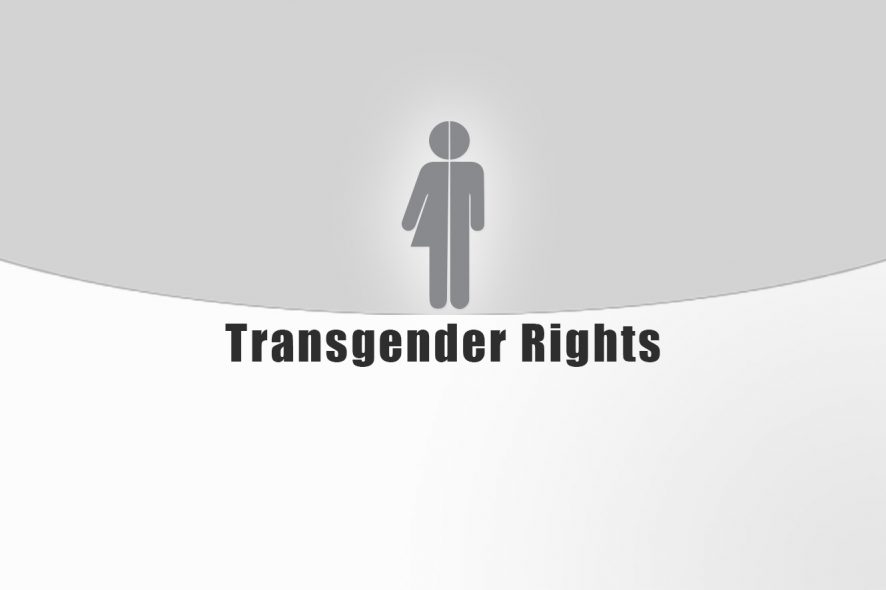The Transgender Bill has been tabled in Lok Sabha. The Bill provides for protection of rights of transgender persons and their welfare and for matters connected therewith and incidental thereto.
The Bill defines Transgender person as a person who is— (A) neither wholly female nor wholly male; or (B) a combination of female or male; or (C) neither female nor male, and whose sense of gender does not match with the gender assigned to that person at the time of birth, and includes trans-men and trans-women, persons with intersex variations and gender-queers
Key features of the Bill
- Provides provisions relating to Prohibition against Discrimination in educational institutions, employment or occupation, healthcare services and prohibition against unfair treatment with regard to, access to or enjoyment or use of any goods, accommodation, service, facility, benefit, privilege or opportunity; unfair treatment with regard to the right of movement; unfair treatment with regard to right to reside, purchase, rent, or otherwise occupy any property.
- Provides provision relating to Recognition of identity of transgender person.
- Provides provision relating to Welfare measures by the Government.
- Obligation of educational institutions to provide inclusive education to transgender persons.
- National Council for Transgender shall be constituted by the Central Government
- Penalties: Whoever,— (a) compels or entices a transgender person to indulge in the act of begging or other similar forms of forced or bonded labour other than any compulsory service for public purposes imposed by Government; (b) denies a transgender person the right of passage to a public place or obstructs such person from using or having access to a public place to which other members have access to or a right to use; (c) forces or causes a transgender person to leave house-hold, village or other place of residence; (d) harms or injures or endangers the life, safety, health, or well-being, whether mental or physical, of a transgender person or tends to do acts including causing physical abuse, sexual abuse, verbal and emotional abuse and economic abuse, shall be punishable with imprisonment for a term which shall not be less than six months but which may extend to two years and with fine.







